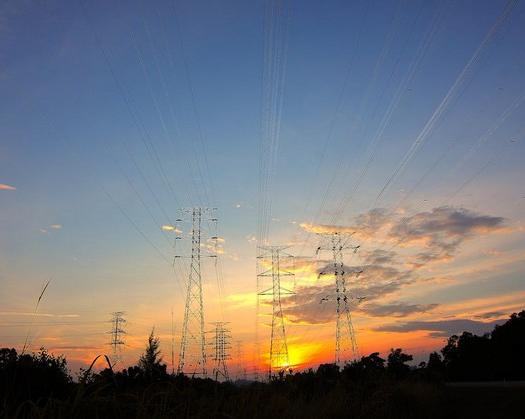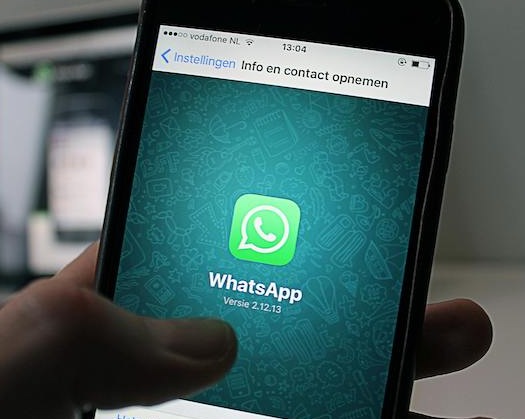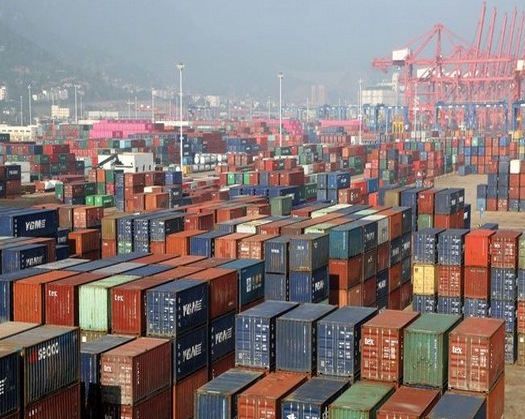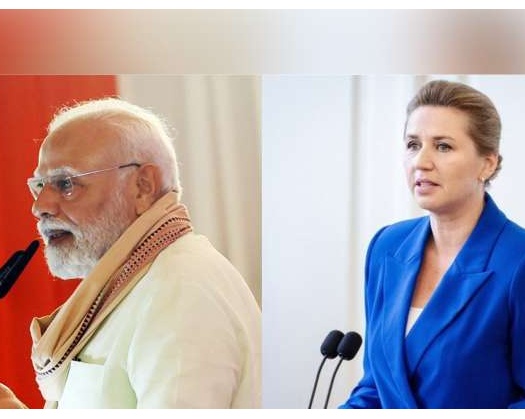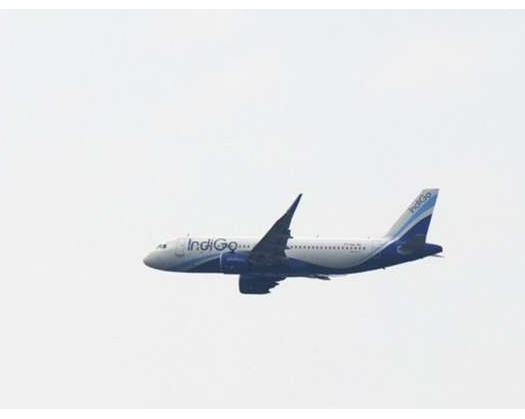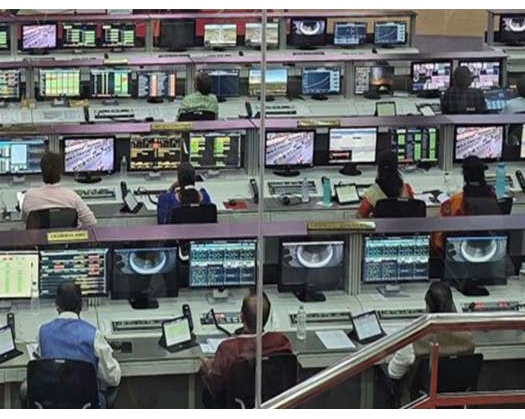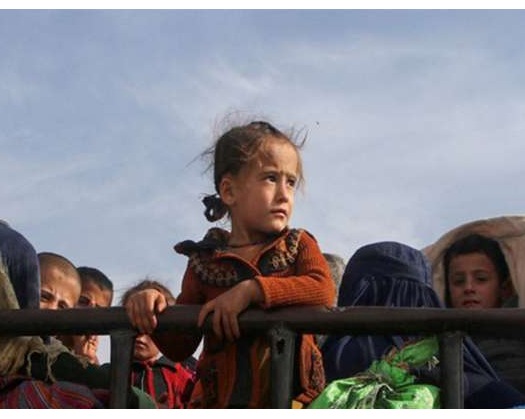Kathmandu: On Thursday, representatives from India, Nepal, and Bangladesh formally ratified a trilateral agreement that will facilitate the export of 40 Megawatts of electrical power from Nepal to Bangladesh, utilizing India's power grid infrastructure. This development has been met with widespread acclaim and support from officials across all three nations.
The tripartite agreement, which was signed in Kathmandu, marks a significant milestone for Nepal, as it will be its first time exporting electricity to a third country. Historically, Nepal has exclusively exported its electrical power to India, its southern neighbor.
"This achievement is a testament to the perseverance of our collective efforts since 2018, following the initial memorandum of understanding (MoU) on power sector cooperation between Nepal and Bangladesh. It is also a result of six successful meetings of the joint working group and joint steering committee," Deepak Khadka, Minister for Energy, Water Resources, and Irrigation of Nepal, stated.
The agreement was officiated by Kulman Ghising, the Executive Director of the Nepal Electricity Authority, Renu Narang, the Chief Executive Officer of India's NTPC Vidyut Vyapar Nigam, and Mohammad Rezaul Karim, the Chairman of the Bangladesh Power Development Board, during a ceremony in Kathmandu.
The ceremony was graced by Energy Minister Deepak Khadka, Minister of State for Energy Purna Bahadur Tamang, and Bangladeshi Minister for Forest, Environment, Climate Change, and Water Resources, Syeda Rizwana Hasan.
"This agreement represents a significant step forward in our collective endeavor towards regional cooperation and shared prosperity within the energy sector. In Bangladesh, our objective is to ensure universal access to clean, safe, and reliable electricity at an affordable cost. This not only supports our national ambitions but also aligns with global commitments towards a more sustainable and environmentally conscious future," Minister Hasan articulated.
Under the terms of the agreement, Bangladesh is set to import 40 Megawatts of electrical power from Nepal. Additionally, India has been involved in the trade deal, as Nepal's electricity will be transmitted to Bangladesh through India's transmission infrastructure.
It is noteworthy that Nepal and Bangladesh are not geographically connected.
"In light of this, I am confident that the agreement reached today among these three entities will enhance cooperation within the power sector among Nepal, India, and Bangladesh. Furthermore, it will serve as a signal to potential investors, encouraging them to invest in Nepal's hydropower sector, as it assures them of a market that extends beyond just India to include Bangladesh as well," stated Naveen Srivastava, the Indian Ambassador.
It is projected that Nepal will supply 144,000 MWh of electricity over a five-month period, from mid-June to mid-November, at a rate of 6.4 US cents per unit. The original date for the signing of the agreement was July 28, but it was postponed due to political tensions and a change in government in Bangladesh.
Currently, Nepal will supply the energy to India via the 400KV Dhalkebar-Muzaffarpur cross-border transmission line, after which India will distribute the equivalent amount to Bangladesh.
The Nepal Electricity Authority (NEA) will determine the quantity of energy to be exported at the Muzaffarpur point. The NEA anticipates generating approximately Rs330 million in revenue for the country through the sale of this energy.
Additionally, a meeting between Nepal and Bangladesh has resolved to collaborate on the development of the Sunkoshi-3 hydropower project, adopting a participatory approach involving all three countries. They have committed to finalize a joint venture agreement in the forthcoming meeting.
Moreover, the two parties have agreed to undertake a technical and financial feasibility study for the proposed cross-border transmission line aimed at facilitating energy trade between Nepal and Bangladesh.

